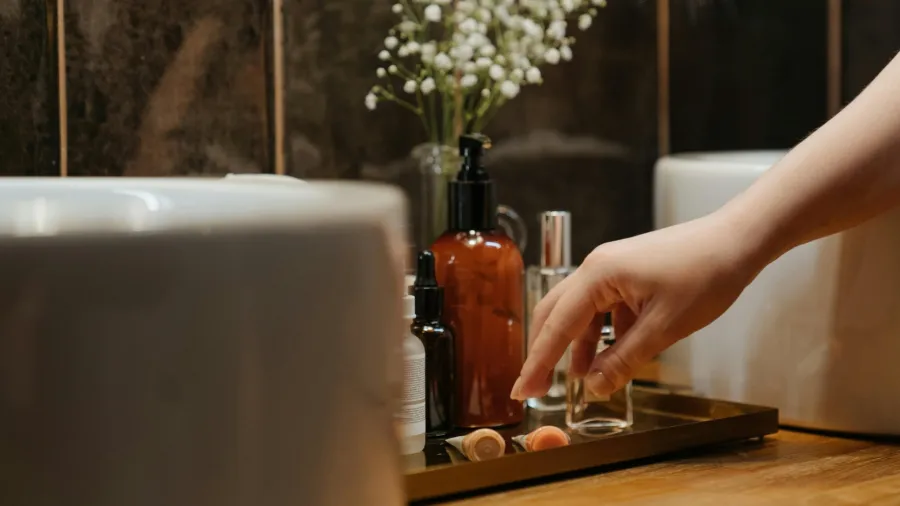
Indonesia implements non-halal labeling for cosmetics
About 44% expressed the need for personalised offerings that align with their cultural background.
Indonesia has announced the introduction of non-halal labeling for cosmetics to empower consumer choice, the GlobalData reported.
“In a country where a majority of consumers prefer halal-certified food, drinks, and cosmetics, the government’s call for cosmetics brands carrying non-halal ingredients to have appropriate labeling will make it easier for Indonesians to buy products according to their preference,” the report said.
Meenakshi Haran, lead consumer analyst at GlobalData, said that Indonesian consumers highly value products tailored to their specific cultural and religious preferences.
Citing GlobalData's research, she noted that 44% of respondents express the need for personalised offerings that align with their cultural background. About 38% of Indonesian consumers find it challenging to locate products suited to their ethnic group.
With Indonesia being the world's most populous Muslim nation, there is a strong inclination towards halal products. However, despite this demand, many cosmetics lack halal certification, necessitating the introduction of non-halal labeling to address consumer preferences.
Tim Hill, key account director for Southeast Asia at GlobalData, underscores the consequences for brands failing to align with consumer beliefs.
“As many as 54% of Indonesian respondents strongly/somewhat agreed that they will boycott a brand that fails to comply with their personal beliefs,” he said.
ALSO READ:Int’l celebrity beauty brands eye India amidst rising image consciousness
Moreover, Haran said that consumers are more inclined to trust brands offering personalised products and addressing ambiguity in on-pack communication through professional certifications.
He noted that 76% of Indonesians are highly or moderately likely to purchase products supported by such certifications.
Hill said Indonesia's cosmetics and toiletries industry is set for a 6 to 8% annual growth rate in the coming years, with skincare leading the sector.



















 Advertise
Advertise


